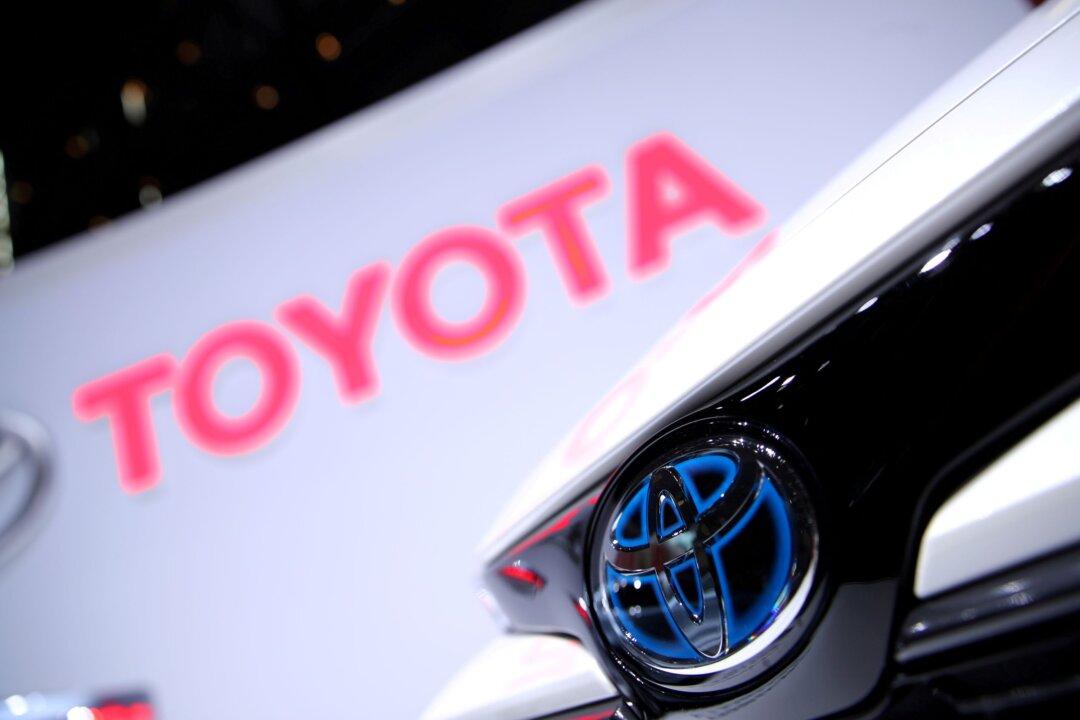TOKYO—Toyota Motor Corp. on Friday cut its planned global output for November by as much as 15 percent due to ongoing chip shortages, but indicated it would ramp up production from December by sticking to its latest full-year production target.
Japan’s leading carmaker said in a press release it would produce between 100,000 and 150,000 fewer vehicles in November than it had planned for a month that was meant see a rebound in lost output.





